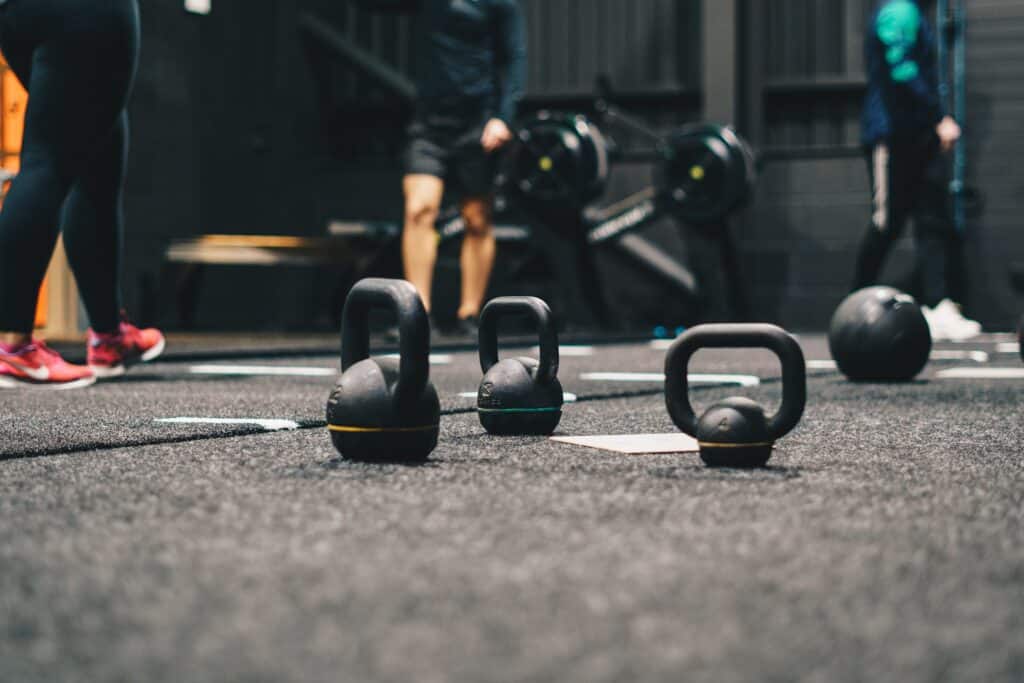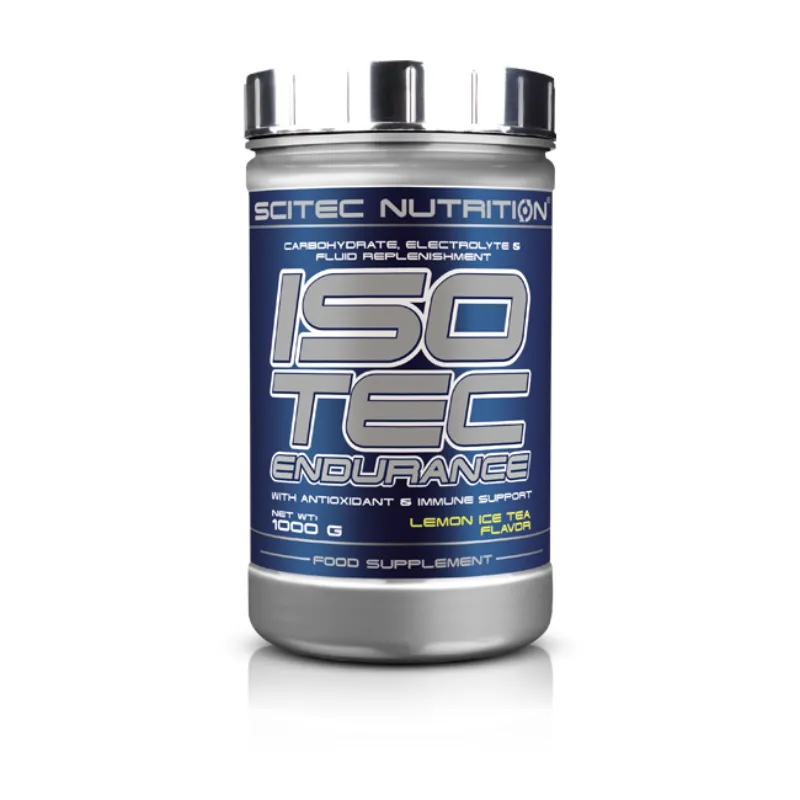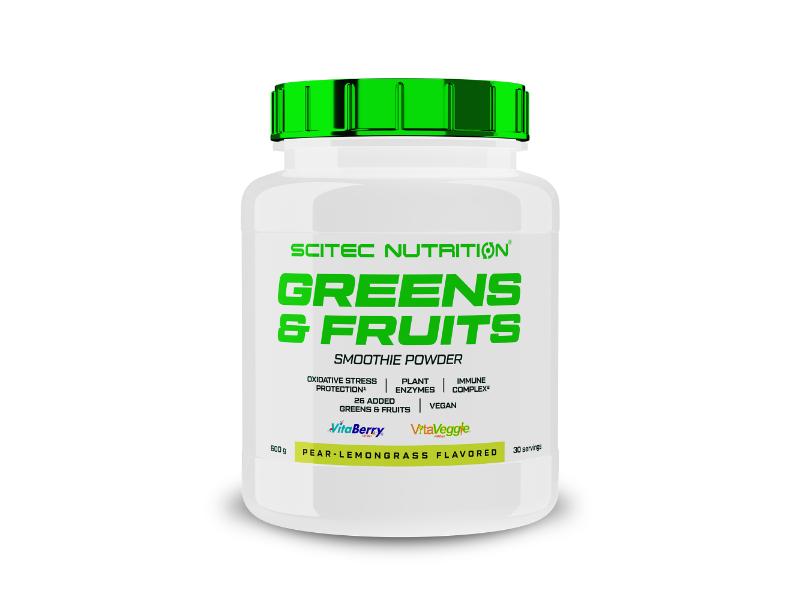When to take electrolytes might seem like a simple question at first glance, but when you delve into it, a world of knowledge opens up that is crucial for our health and performance.
Electrolytes are not just a trendy term used by athletes and health enthusiasts; they play a central role in almost all of our body’s functions. They are essential minerals – such as sodium, potassium, magnesium, and calcium – that control everything from our muscle function to our nervous system and hydration levels.
But when is it actually essential to focus on electrolytes? Is it only necessary for marathon runners or people engaged in extreme sports? Or are there other situations in everyday life where electrolyte balance should be prioritized? These questions are critical for both your physical and mental well-being.
We will explore the magical world of electrolytes, demystify some of the myths surrounding them, and provide you with the knowledge you need to understand when and how you should take electrolytes.

Electrolytes – the small yet powerful minerals that play a critical role in our body’s functions. Sodium, potassium, magnesium, and calcium are not just chemical names; they are fundamental for our well-being. But when is it necessary to supplement these vital substances? Let’s explore three key situations where electrolyte supplements can be crucial.
When we talk about intense training or sports, we often think of sweat. But sweat is not just water; it’s a cocktail of electrolytes leaving our body. During physical exertion, we lose significant amounts of sodium and potassium, leading to an imbalance in our electrolyte levels. This imbalance can result in symptoms like cramps, fatigue, and even dehydration. For athletes and exercisers, it’s essential to replenish these lost electrolytes to maintain muscle function and overall health. An electrolyte drink after training or regular intake of electrolyte supplements can help maintain this balance.
Gastrointestinal issues such as vomiting and diarrhea can quickly deplete the body of its electrolytes, especially sodium and potassium. This kind of loss can have serious consequences, as electrolytes are crucial for heart, nerve, and muscle functions, among others. In these situations, it’s important to restore electrolyte balance as quickly as possible. Oral rehydration solutions, which are a mix of water, salt, and sugar, are often recommended to rapidly replenish lost electrolytes and prevent further dehydration.
Certain diets, especially those involving a low intake of carbohydrates, can affect the body’s electrolyte balance. For example, a ketogenic diet can lead to what is known as “keto flu,” where one of the primary causes is electrolyte deficiency. When we cut down on carbohydrates, the body stores less glycogen and thus loses more water and electrolytes. It’s therefore important for individuals following such diets to be aware of their electrolyte levels and possibly supplement with electrolyte supplements.
Electrolytes are more than just a part of sports drinks and health jargon. They are essential for our body’s functions and need to be maintained in balance, especially in situations like intense training, illness, and specific diets. By being mindful of these key situations and acting accordingly, we can better support our body’s needs and maintain a healthy electrolyte balance.
Read more about what electrolytes do here.
Electrolytes are much more than a term we encounter in sports drinks and health articles. These small but powerful minerals – sodium, potassium, magnesium, and calcium – are vital for our bodies and play a central role in almost all of our vital functions.
Sodium: Sodium is perhaps best known for its presence in salt, but its significance extends far beyond. Sodium is crucial for regulating the body’s fluid balance and is essential for the transmission of nerve impulses and muscle contractions. Without the right amount of sodium, we can experience everything from dehydration to cognitive disturbances.
Potassium: Potassium is sodium’s quiet partner, playing a key role in the cardiovascular system. This mineral helps regulate heart rhythm and blood pressure and also supports muscle function. A deficiency in potassium can lead to serious problems such as heart arrhythmias and general muscle weakness.
Magnesium: Magnesium is often overlooked, but its importance cannot be overstated. It is crucial for over 300 enzymatic reactions in the body and plays a central role in energy production and DNA synthesis. Magnesium also helps regulate other electrolytes and is important for bone strength.
Calcium: While calcium is famous for its role in building bones, it’s also vital for blood clotting and muscle contractions. Calcium works closely with magnesium and is essential for maintaining healthy heart function.
The balance of electrolytes is a delicate dance, and an imbalance can have extensive consequences for our health. Too much or too little of these minerals can lead to a range of problems, from fatigue and headaches to serious cardiovascular diseases and neurological disorders.
A healthy electrolyte balance is essential for maintaining the body’s normal functions. This balance can be disrupted by factors such as diet, exercise, illness, and certain medications. It’s therefore important to be mindful of our diet and lifestyle to ensure that we get the right amount and balance of electrolytes.
Electrolytes are not just a part of the body; they are fundamental to our life. By understanding and respecting their role, we can better take care of our health and well-being.
In a world where the focus on health and well-being has never been greater, understanding how and when to take electrolytes has become crucial. Electrolytes such as sodium, potassium, magnesium, and calcium are not just essential for athletes but for anyone who wishes to maintain a healthy and balanced well-being.
Drinks: Electrolyte drinks are a popular and easily accessible way to replenish the body’s electrolytes. They are ideal during and after prolonged periods of physical activity, where sweat and exertion deplete the body of valuable minerals.
Pills: Electrolyte pills form Only Approved are a more concentrated form of supplementation. They are especially useful for those who need precise dosing or are looking for a convenient solution on the go.
Powders: Electrolyte powders that can be dissolved in water offer a flexible solution where you can adjust the concentration as needed. This is a good option for those who wish to avoid added sugar or flavorings often found in ready-made drinks.

Before physical activity: To prepare the body for physical exertion, electrolyte supplements should be taken 30-60 minutes before the activity. This ensures that the body has the necessary minerals to function effectively.
During physical activity: For prolonged physical activities, such as marathon running or intense training, it’s important to replenish electrolytes continuously to avoid dehydration and decreased performance.
After physical activity: After exercising, it’s important to restore electrolyte balance quickly to promote faster recovery and reduce fatigue and muscle soreness.
Being able to recognize the signs of electrolyte deficiency is crucial to act quickly. Symptoms can include:
If you experience any of these symptoms, especially in connection with physical activity, it may be a sign that your body needs electrolyte replenishment.
Understanding how and when to take electrolytes is an important part of maintaining a healthy and active life. With the right electrolyte supplements and an awareness of your body’s signals, you can ensure that you are always at your best, both physically and mentally.
Electrolytes such as sodium, potassium, magnesium, and calcium are crucial for our body’s many functions, and fortunately, they are found in many common foods. Here is a guide to how you can increase your intake of these important minerals through your diet.
Breakfast: Start the day with a smoothie containing bananas and spinach, or a bowl of yogurt topped with almonds.
Snacks: Keep healthy snacks like avocado slices or a small handful of almonds ready to curb hunger.
Main meals: Incorporate sweet potatoes as part of your main meal, or add beans to your salads.
Hydration: Occasionally replace your regular water with coconut water for an extra boost of electrolytes.
Moderation with salt: Use salt in cooking to enhance flavor and add sodium, but be mindful not to overdo it.
Integrating these electrolyte-rich foods into your daily diet is not only healthy but can also be delicious and varied. By being mindful of your intake of electrolytes through natural sources, you can help maintain a good balance in your body and improve your overall health and well-being.
Here you can find our Vita Greens & Fruits. VITA GREENS & FRUITS contains 18 different vegetable and 8 different fruit sources in one serving!

In summary, electrolytes – sodium, potassium, magnesium, and calcium – are not only vital for athletes but essential for anyone striving for a healthy and balanced lifestyle. By integrating a variety of natural, electrolyte-rich foods into our daily diet, we can enhance our body’s natural functions and promote our overall well-being.
Remember, small changes can make a big difference. Start your day with a nutrient-rich smoothie, incorporate nuts or avocado as snacks, and experiment with different meals rich in electrolytes like sweet potatoes and beans. And remember, hydration is key, so consider adding coconut water as part of your hydration routine.
This journey through the world of electrolytes underscores the importance of being conscious of what we put into our bodies. With the right foods, we can not only improve our physical health but also our mental clarity and overall quality of life. Make electrolyte-rich foods a regular part of your diet and feel the difference in your daily well-being.
Remember, your body deserves the best care, and natural sources of electrolytes are a simple yet effective way to provide this care. After all, health is the greatest wealth we have.
© 2024 Only Approved – Designed by Aveo web&marketing
Socials
Socials